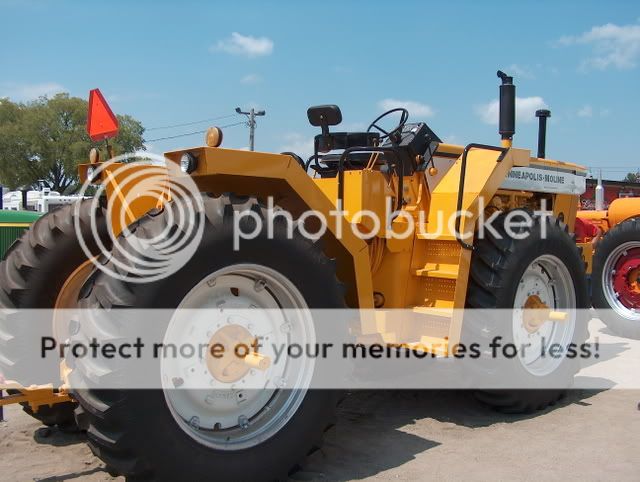Hay hay hay
Well-known Member
I notice that quite a few propane powered antique tractors exist. I'm not sure if you could buy one today. I also remember lots of school busses and delivery trucks and forklifts that run/ran on propane.
Questions? Why were they propane powered? Cost? safety? Access to propane? How was it transfered to the vehicle? How did they perform?
Question 2? Would that work with natural gas if the structure to transport it and refill locally was available?
Questions? Why were they propane powered? Cost? safety? Access to propane? How was it transfered to the vehicle? How did they perform?
Question 2? Would that work with natural gas if the structure to transport it and refill locally was available?


